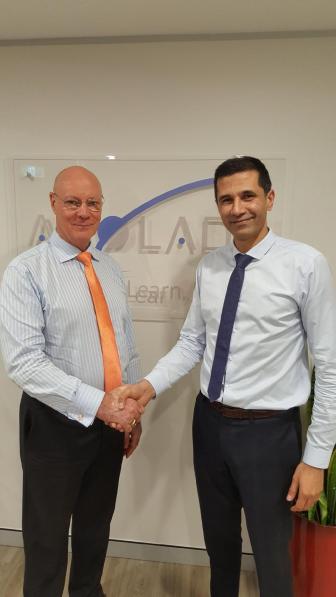Here at ASCI, it has been a pipeline dream of mine to run our own conference for the many members of ours in the community. I am fortunate enough to announce, that this has become a reality and our very own conference ‘ASCI2018‘ is underway to be brought to you on 23 & 24 May 2018.
We have been working and will continue to be working hard in the lead up to ASCI2018. I am aware of the rapidly changing environment of the supply chain industry and the ASCI team have implemented this into the theme and program of the conference. ASCI2018, will allow for supply chain managers to receive some clarity around the latest industry developments admit a rapidly changing supply chain landscape due to e-Commerce disruptions. This is why we have named the conference ASCI2018: e-Commerece: Driving Supply Chains into the Future.

The world is experiencing major disruptions. CEOs see more threats today versus three years ago, up 78% according to a recent study.* As e-Commerce turns the spotlight onto the supply chain, Operations, Logistics and Supply practitioners have a huge responsibility to offset these threats, leverage new technologies and build faster, better global supply chains. More than ever, these practitioners need to be at the top of their game, working together across functions within the organisation, and building the capability to respond to e-Commerce. Equally important is that this theme is addressed in relation to the technical best practice knowledge on which ASCI has laid its foundations.
Attending ASCI2018 will be a unique opportunity to engage your organisation’s entire supply chain, logistics and procurement teams in a professional learning experience. At ASCI, we’re passionate about helping members re-position themselves for sustainability in light of major disruptions. These major disruptions are coming thick and fast. We need to protect and educate our members so they can respond to such change.
Finally, I have to mention that we have selected our strategic endorsement partner, Akolade to help run our conference. We are very impressed with the quality and relevance of Akolade’s leading-edge, well researched events which we have been participating as the Endorsement Partner. Akolade has demonstrated the expertise and professional approach we require to run ASCI2018 and we look forward to collaborating yet again on our very own conference.
I am so proud of this achievement and milestone the ASCI team have accomplished. Looking back at all the hard work the team have done to make this conference happen shows how dedicated they are to bring the best of the best to our member base. I look forward to seeing you all at our conference.

*PwC CEO Insights, 2017: http://www.pwc.com/gx/en/ceo-agenda/ceosurvey/2017/au/key-findings.html
Pieter Nagel
CEO
Australasian Supply Chain Institute (ASCI)



